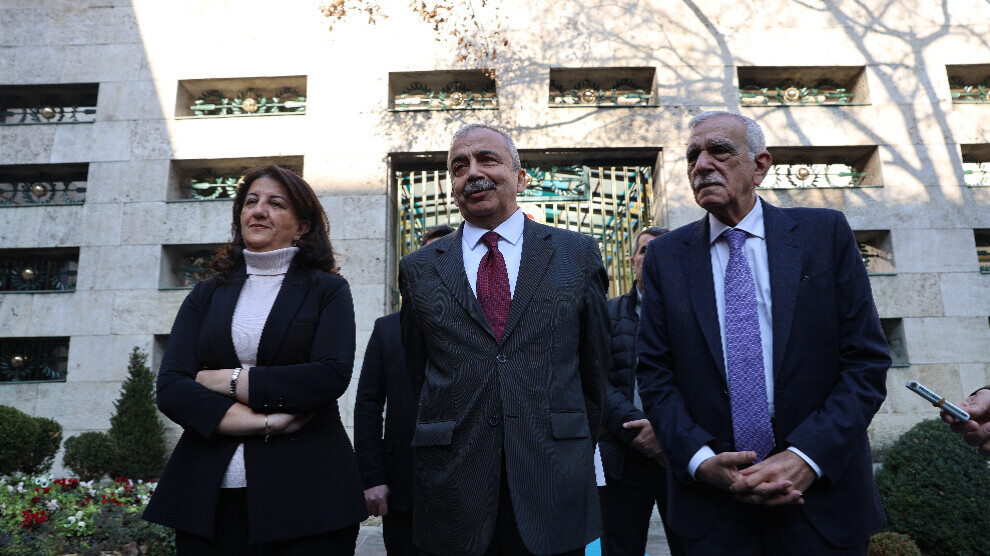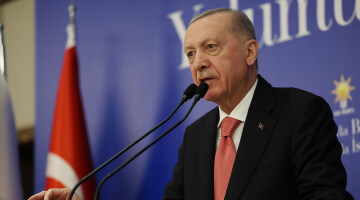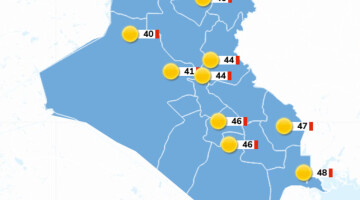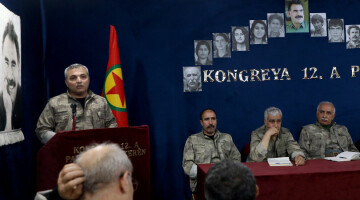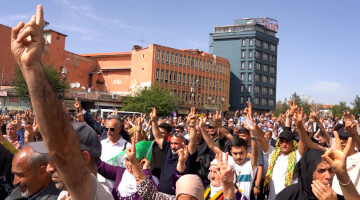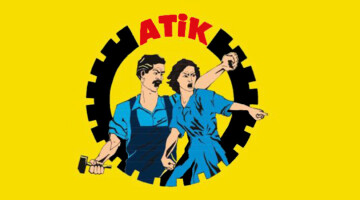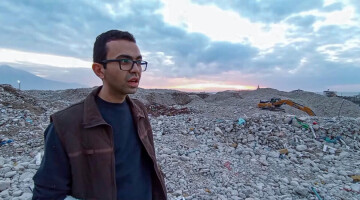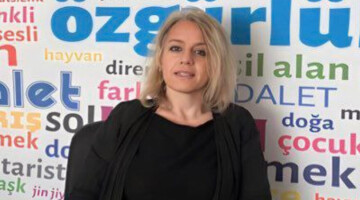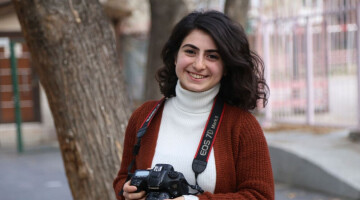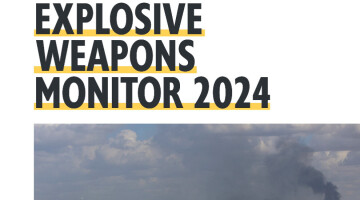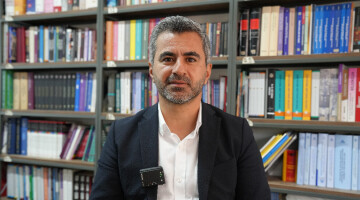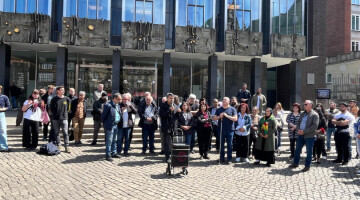On December 28, 2024, DEM Party MPs Sirri Süreyya Önder and Pervin Buldan met with Kurdish leader Abdullah Öcalan on Imralı Prison Island. During the conversation, Abdullah Öcalan conveyed messages aimed at finding a solution. Following this dialogue, the delegation met with various political actors and parties. They first held talks with Ahmet Davutoğlu, the leader of the Future Party, as well as with members of the AKP faction and the leader of the SAADET Party, Mahmut Arıkan.
In addition, talks were held with leading representatives of the CHP, the DEVA party and the Yeni Refah Partisi (New Welfare Party). The delegation continued its talks by also meeting with the imprisoned former HDP co-chairs Selahattin Demirtaş and Figen Yüksekdağ.
The DEM Party Imrali Delegation released a statement after meeting political parties. The statement on Friday reads as follows:
"After our meeting with Mr. Abdullah Öcalan on Imrali Island on 28 December 2024, we conducted a series of talks based on the outcomes of that meeting and his expressed wishes. These included meetings with the Turkish Grand National Assembly (TBMM), political parties, and our political colleagues currently in prison.
Our visits and meetings began on 3 January with the Speaker of the Parliament, Mr. Numan Kurtulmuş, and continued with meetings with the leaders and representatives of the Nationalist Movement Party (MHP), Future Party, Justice and Development Party (AKP), Felicity Party (SP), Republican People's Party (CHP), Democracy and Progress Party (DEVA), and the Re-Welfare Party (Yeniden Refah Partisi).
On 11-12 January, we also met with our former co-chairs and political colleagues currently in prison, including Ms. Figen Yüksekdağ, Mr. Selahattin Demirtaş, Ms. Leyla Güven, and Mr. Selçuk Mızraklı.
This process of dialogue and exchange of ideas, which focuses on peace, has also been initiated with our co-chairs, party committees, the political parties and formations that make up our coalition, our allied political parties, and civil society organizations.
We would first like to extend our sincere gratitude and respect to all the political parties and their esteemed leaders who received us with courtesy and good will, shared their valuable opinions and suggestions, and expressed their concerns and criticisms in a highly constructive manner.
The main focus of our meeting agendas was to convey the results of our discussion with Mr. Öcalan and evaluate the new developments together. These discussions centered around finding a lasting solution to the Kurdish question and the resulting conflict, the historical responsibility to strengthen the Turkish-Kurdish brotherhood, the obligations arising from the deep and irreversible developments in the Middle East, and the recognition of the Parliament and democratic politics as the most important platforms for resolving these issues.
Nearly all the meetings were positive, sincere, and encouraging. Leaders and their delegations expressed their principled support for a peace process. However, they also raised various concerns and made suggestions, primarily regarding the transparency of the process and the need for it to be conducted within the framework of the Parliament. Our delegation responded to these concerns and clarified ambiguities during the discussions.
Our impression from these meetings is that there is a shared desire and will among all political parties to move beyond the conflict and tension caused by the Kurdish question. There is a shared understanding that fostering the unity and brotherhood of all ethnic, religious, and sect groups in our country would benefit everyone. A parallel feeling is that the peace process should also contribute to general democratization and the expansion of the democratic political space.
Our discussions with our co-chairs and colleagues in prison were also highly constructive. They expressed their clear support for the role that Mr. Öcalan and the DEM Party will play in this process, and they stated that they are committed to fulfilling their responsibilities in strengthening the political and social groundwork.
In this period when we are focusing on peace, democracy, and brotherhood for Turkey and the region, we find that divisive and prejudiced language in the media, along with the speculation it creates, complicates our work. We are aware that this process carries not only the expectations and hopes of everyone but also their concerns, sensitivities, and questions. Given this, fabricating baseless claims, circulating unfounded rumors, and creating morally questionable agendas can only amount to warmongering.
With all the positive impressions we have gathered, we will make every effort to visit Mr. Öcalan again as soon as possible and work toward achieving peace through sound methods.
The continued support of the public for these efforts will remain the most valuable cornerstone in building peace and finding a solution."

